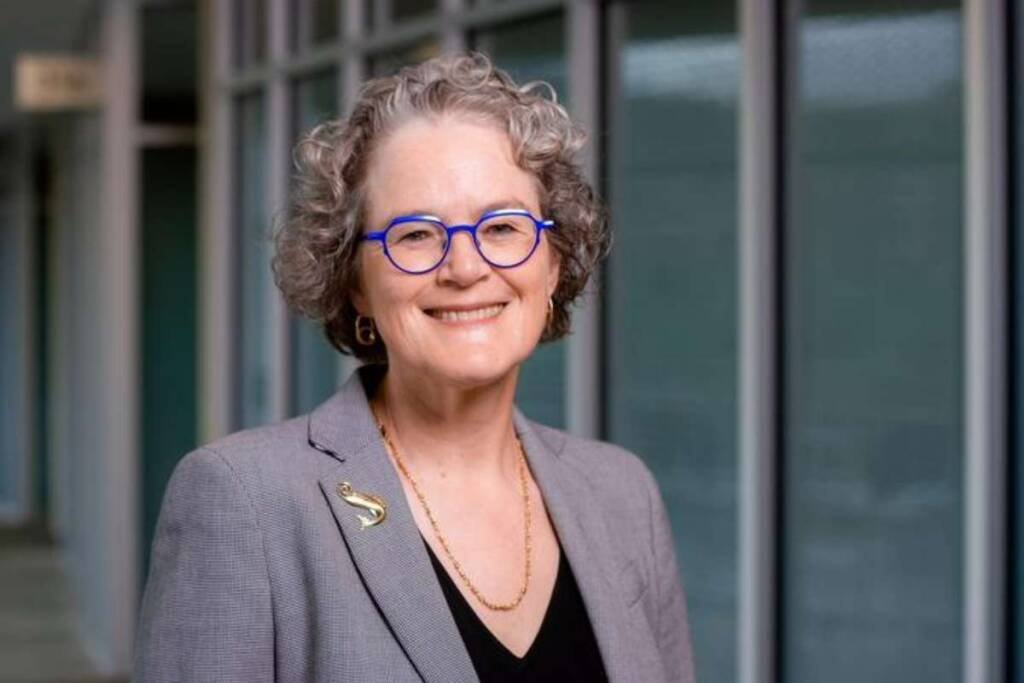After extensive deliberations, the National Institute of Allergy and Infectious Diseases (NIAID) has appointed a new director to succeed Dr. Anthony Fauci, who served in the role for 38 years before stepping down at the end of the previous year.
Dr. Jeanne Marrazzo, currently heading the infectious diseases division at the University of Alabama at Birmingham, is set to assume the position in the autumn, as announced by Lawrence Tabak, the acting director of the US National Institutes of Health (NIH).
Marrazzo is well-known for her research on sexually transmitted infections, including HIV prevention through pre-exposure prophylaxis (PrEP), bacterial vaginosis, and antibiotic resistance in gonorrhea. She is also an expert in the human microbiome as it relates to female reproductive tract infections, hormonal contraception, and LGBTQ+ health.
In her new role at the NIAID, Marrazzo will oversee a budget of $6.3 billion dedicated to research into the causes of infectious diseases, strategies for prevention, diagnosis, treatment, and outbreak response.
Dr. Fauci retired from the NIAID position last year after facing challenging years during the pandemic, which made him a household name but also drew criticism from groups unhappy with the NIAID’s handling of COVID-19, including former President Donald Trump and his supporters.
Marrazzo has also faced scrutiny in the past, particularly amid the polarized debate in the US over facemask use to prevent COVID-19 spread, as she advocated for their use in schools.
Lawrence Tabak expressed his confidence in Dr. Marrazzo, citing her wealth of leadership experience in leading international clinical trials and translational research, managing complex organizational budgets, and mentoring trainees in various stages of professional development. He looks forward to welcoming her to the NIH leadership team and thanked acting NIAID director Hugh Auchincloss for leading the agency during the transition after Dr. Fauci’s departure.
It’s worth noting that Dr. Marrazzo’s appointment is not a political one subject to congressional scrutiny, unlike President Joe Biden’s nominated successor to Lawrence Tabak at the NIH. The nominee for the role, National Cancer Institute (NCI) director Monica Bertagnolli, has faced obstacles in the Senate, with Senator Bernie Sanders blocking her appointment due to concerns about Biden’s drug pricing agenda. Additionally, Senator Elizabeth Warren is seeking assurances that Bertagnolli will not work for a pharmaceutical company for four years after leaving the NIH.





























